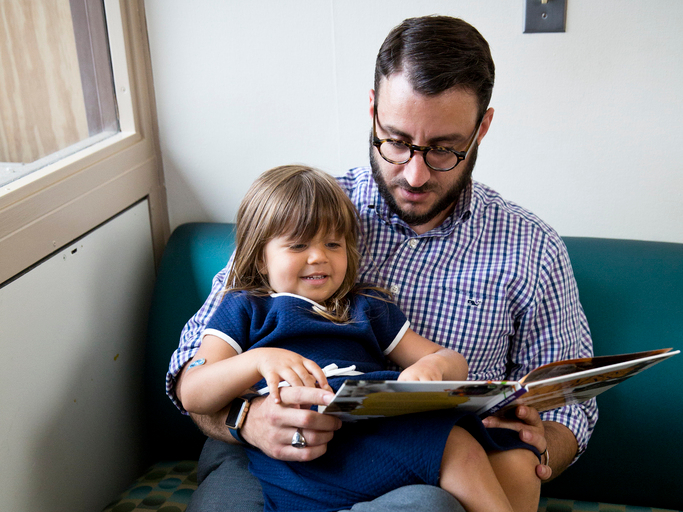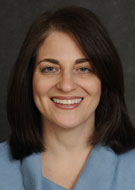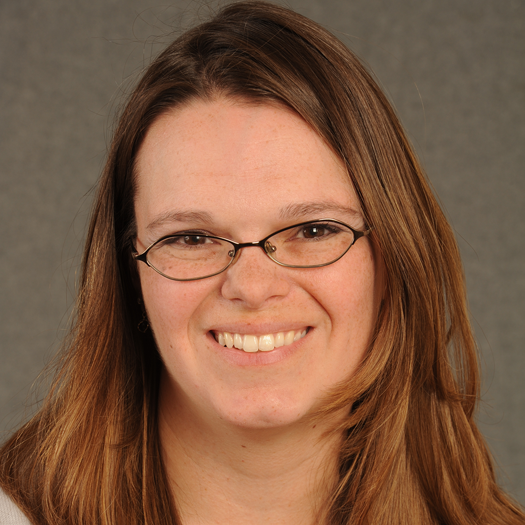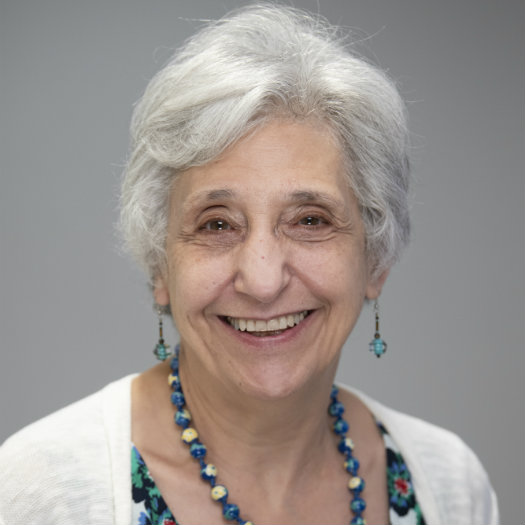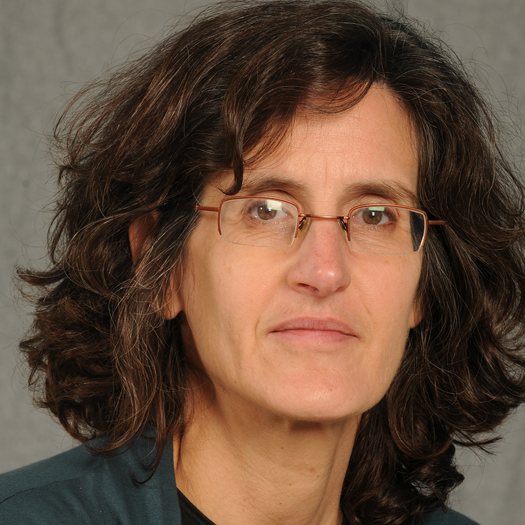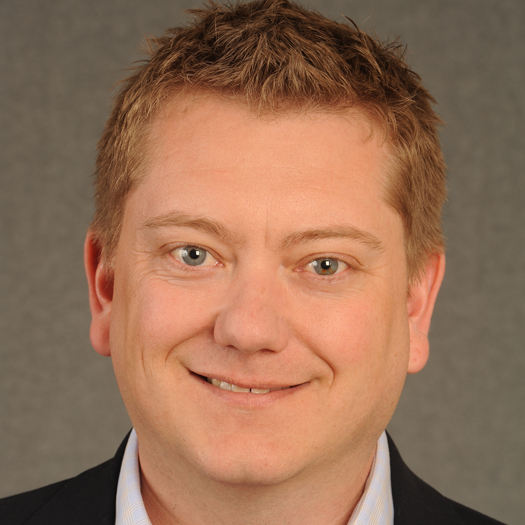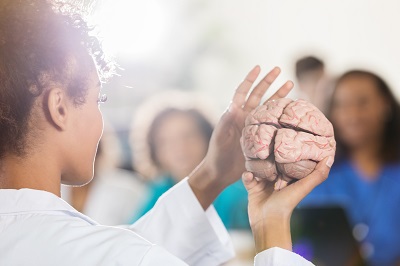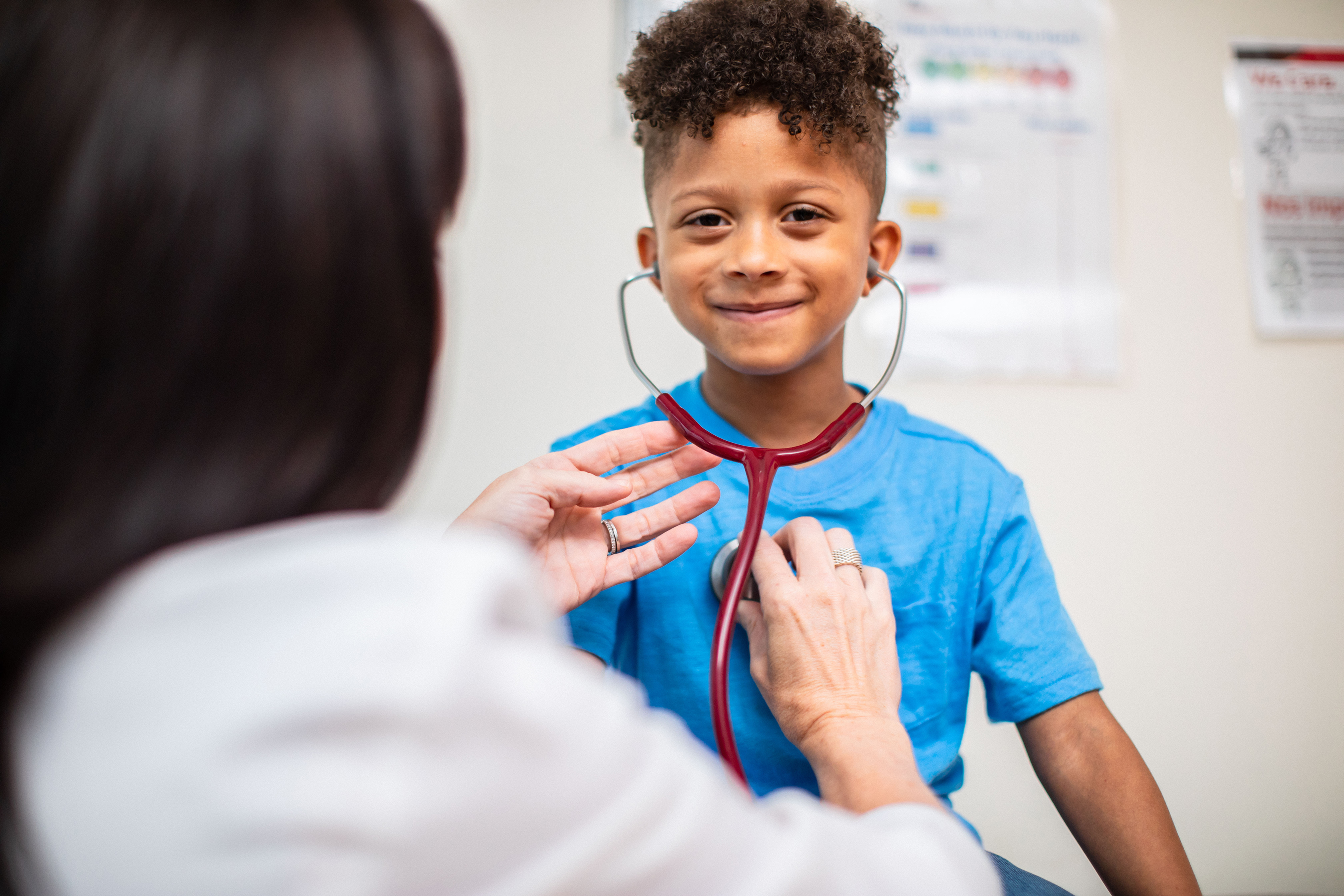Condition
Pediatric Attention-Deficit / Hyperactivity Disorder (ADHD)
ADHD is a neurodevelopmental disorder that makes it difficult to pay attention, keep still and think before acting. ADHD is the most common mental health problem of childhood, affecting 5% to 9% of children and 4% of adults. Although the symptoms of ADHD begin in childhood, ADHD can continue through adolescence and adulthood. Even though hyperactive behaviors tend to improve as a child becomes a teen, challenges with inattention, disorganization and poor impulse control often continue through the teen years and into adulthood.
It is normal for all children to have difficulties with paying attention, being hyper or acting without thinking sometimes. Most young children have trouble sitting still. Many kids don’t finish their schoolwork. Few children sit through meals without tapping, kicking or drumming.
So how do you know what is normal and what is ADHD? Only a doctor can tell you for sure. For these problems to be diagnosed as ADHD, they must be a pattern of behaviors that occur at higher levels than other children the same age and interfere with daily functioning. ADHD behaviors do not occur in only one place, but happen every day in the classroom, on the playground and at home. The behaviors of children with ADHD can lead to serious difficulties in their relationships with parents, teachers, peers and siblings, as well as learning and academic problems.
Frequently Asked Questions
Frequently Asked Questions about ADHD
What are the different presentations of ADHD?
What causes attention-deficit/hyperactivity disorder?
Who is affected by attention-deficit/hyperactivity disorder?
What are the symptoms of attention-deficit/hyperactivity disorder in children?
How is attention-deficit/hyperactivity disorder diagnosed?
How do you know for sure if ADHD is the problem?
Do children outgrow ADHD?
Can attention-deficit/hyperactivity disorder be prevented in children?
Finding the Best ADHD Treatment for Your Child
Every child and teen is different, and you know your child best. As a parent, trust your thoughts and feelings when deciding on treatments. Discuss treatment options with your child’s doctor. Gather as much information as you need to make a decision that is right for you and your child.
Some things to consider when deciding on treatments:
- Balancing possible benefits with side effects, cost and time
- Your child's age, overall health and medical history
- Extent of your child's symptoms
- Your opinion or preference
- Track and monitor your child’s progress. Your decisions may change over time as your child’s needs change.
- It is impossible to predict how your child will respond because every child is unique. The only way to find out if a treatment will help your child for sure is by trying it.
Every effort should be made to manage symptoms and direct your child to helpful paths. There are three treatment options to consider:
- Behavioral treatment
- Medication
- Combined treatment (both behavioral treatment and medication)
Treatment Options
Behavioral Treatment
Medication

Treatment for ADHD and Learning Differences at Children's National Hospital
Children's National offers children and their families a comprehensive range of personalized clinical services for kids with ADHD and learning differences. Discover more about the treatments we offer.

Providers Who Treat Attention-Deficit / Hyperactivity Disorder (ADHD)
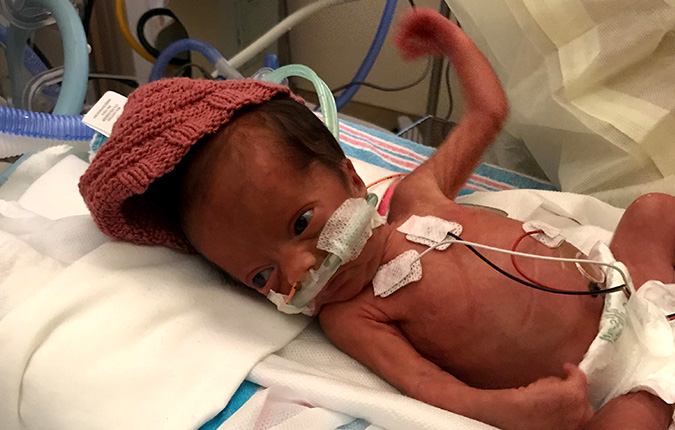 Aasha's Rare Gift Will Help Other Babies Grow up Healthy
Aasha's Rare Gift Will Help Other Babies Grow up HealthyTesting the descrption field
Departments that Treat Attention-Deficit / Hyperactivity Disorder (ADHD)

Psychology and Behavioral Health
In the Division of Psychology and Behavioral Health, our child psychologists and other mental health professionals work exclusively with children and teens, emphasizing patient and family-focused care.




